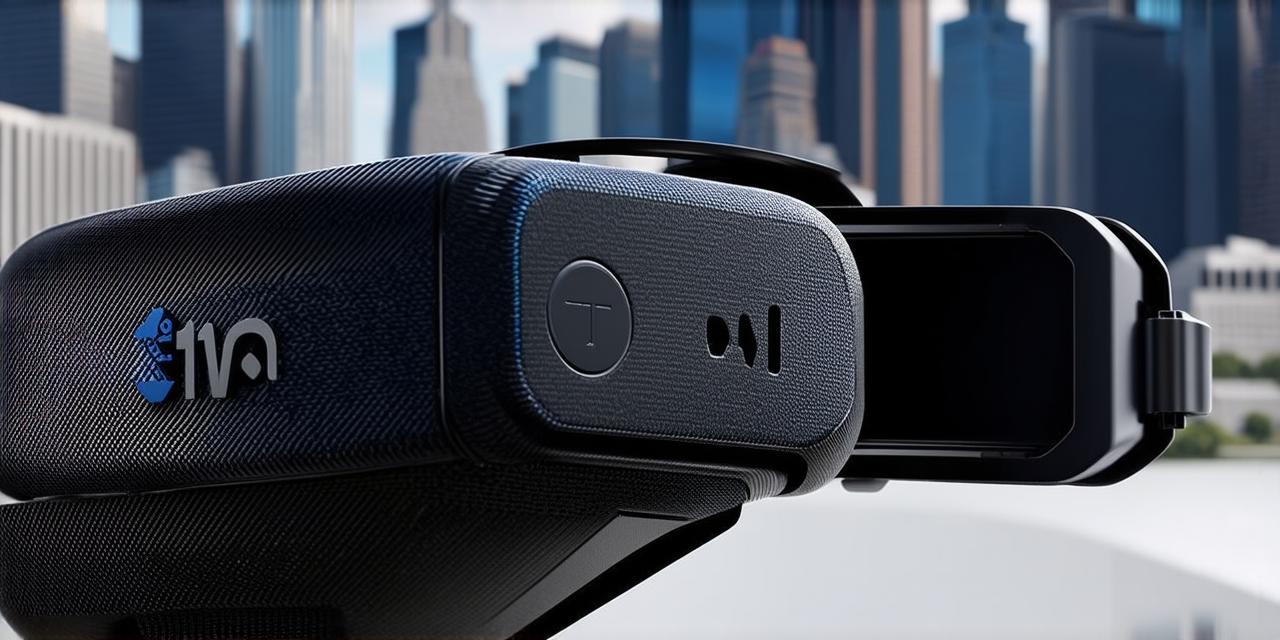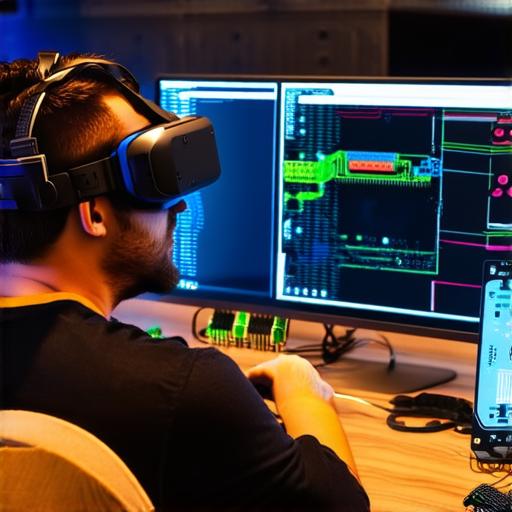
Ways to Become a Virtual Reality Developer
Virtual reality (VR) is a rapidly growing field that offers developers a unique opportunity to create immersive and interactive experiences for users. With the increasing demand for VR applications, there has never been a better time to become a VR developer.
1. Gain Relevant Education and Skills
The first step towards becoming a VR developer is to gain the necessary education and skills. There are several degree programs, certifications, and online courses available that can help you acquire the knowledge and skills required for VR development.
Some of the popular fields of study include computer science, game design, and engineering.
Here are some universities and colleges that offer top-rated programs in VR development:
- Carnegie Mellon University
- University of California, San Diego
- Rhode Island School of Design
- Stanford University
- Massachusetts Institute of Technology (MIT)
Additionally, you can also enroll in online courses on platforms like Udemy and Coursera to learn about VR development.
Some of the popular courses include:
- Introduction to Virtual Reality Development with Unity
- Virtual Reality with Unity 3D
- Virtual Reality Game Development with Unity
- Building a Virtual Reality Application from Scratch
2. Gain Hands-on Experience
Once you have acquired the necessary knowledge and skills, it’s time to gain hands-on experience in VR development.
There are several ways to do this, including:
- Participate in hackathons and coding challenges that focus on VR development. This will give you an opportunity to work with other developers and showcase your skills to potential employers.
- Join online communities and forums where VR developers discuss their projects and share their knowledge. You can also ask questions and get advice from experienced developers.
- Create your own VR projects and share them on platforms like YouTube and GitHub. This will help you build your portfolio and showcase your skills to potential employers.
3. Choose a Development Platform
There are several VR development platforms available, including:
- Unity
- Unreal Engine
- Oculus SDK
- HTC Vive SDK
Each of these platforms has its own strengths and weaknesses, and it’s important to choose the one that best suits your needs.
4. Stay Up-to-Date with the Latest Trends and Technologies
The field of VR development is constantly evolving, and it’s important to stay up-to-date with the latest trends and technologies.
This includes keeping an eye on new hardware and software releases, attending industry conferences and events, and following experts in the field.
Here are some of the top VR developers and experts you should follow:
- John Carmack (founder of id Software)
- Brendan Patricks (CEO of Unity Technologies)
- Clifford Soderblom (formerly of Oculus VR)

By following these experts, you can gain insights into the latest developments in VR and stay ahead of the curve.
5. Apply for VR Developer Jobs
Once you have gained the necessary education, skills, experience, and knowledge, it’s time to apply for VR developer jobs.
There are several job boards and websites that list VR developer jobs, including:
- Indeed
- Glassdoor
- Stack Overflow
It’s important to tailor your resume and cover letter to each job you apply for and highlight your relevant experience and skills. You can also use networking sites like LinkedIn to connect with other VR developers and get referrals.


